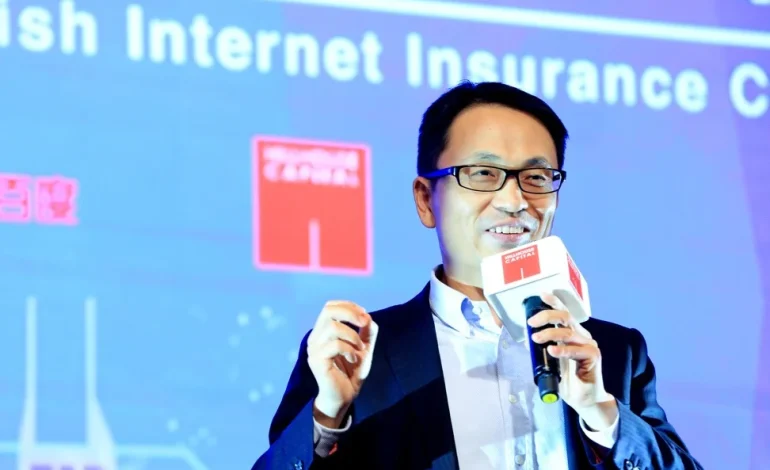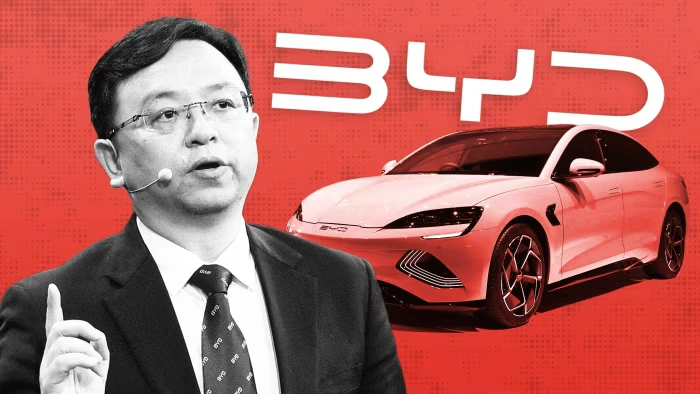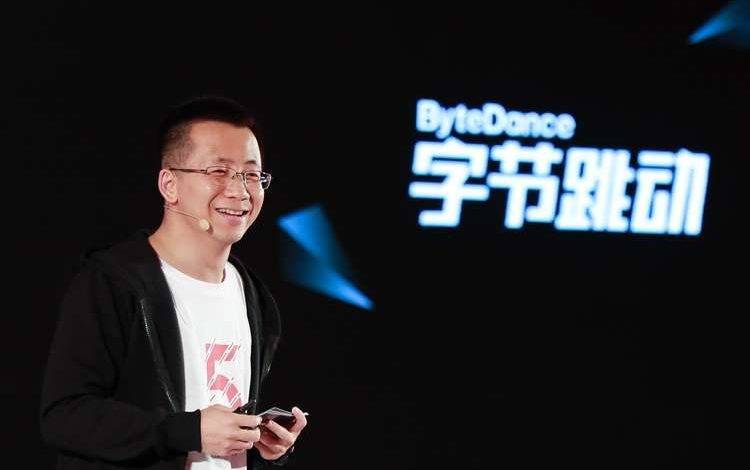Zhang Lei and Hillhouse: The Power of Capital in Tech

How Hillhouse Capital reshaped China’s startup ecosystem and global investment flows.
The Architect of Capital
When it comes to China’s tech boom, entrepreneurs often take the spotlight Jack Ma, Pony Ma, Zhang Yiming. But behind many of these stories stands Zhang Lei, founder of Hillhouse Capital, one of Asia’s most influential investment firms.
With over $80 billion under management, Hillhouse has backed companies like JD.com, Meituan, and BeiGene. Zhang’s vision has been simple but transformative: long-term capital, patient strategy, and global networks can shape the future as much as any technology.
From Yale to Beijing
Zhang Lei’s journey began in the U.S. He studied at Yale School of Management, where he became known for blending Western investment frameworks with a deep understanding of China’s emerging market dynamics.
When he returned to China in 2005 to launch Hillhouse, the startup ecosystem was still nascent. Venture capitalists sought quick returns; Zhang instead emphasized long-term value creation, investing in entrepreneurs and infrastructure rather than short-term exits.
This philosophy allowed Hillhouse to stand apart, creating a model closer to global private equity firms than traditional VC
Backing the Giants
Hillhouse’s portfolio reads like a who’s who of Chinese tech. JD.com received early backing when many doubted its logistics-heavy model. Meituan, with its “super app” of food delivery and services, also grew with Hillhouse support.
Beyond consumer internet, Hillhouse invested in biotech, renewable energy, and advanced manufacturing, aligning with Beijing’s strategic priorities. These bets positioned Hillhouse as more than a financial player it became a structural force shaping China’s innovation landscape.
Global Reach
Unlike some Chinese funds that remain domestically focused, Hillhouse has gone global. It has offices in Singapore, New York, and London, and invests in companies across Asia, Europe, and the U.S.
This global strategy not only diversifies risk but also builds bridges between Chinese startups and international markets. By connecting supply chains, capital flows, and talent pools, Hillhouse operates as a transnational investor rather than a purely local champion.
Capital and Control
Zhang Lei’s philosophy is pragmatic: capital is not just fuel, it’s governance. Hillhouse often takes significant stakes, helping companies refine strategy, expand abroad, or navigate regulatory challenges.
In doing so, it acts less like a passive investor and more like a partner in execution. This approach has sparked debates: does Hillhouse accelerate innovation, or does its scale risk concentrating too much power in the hands of financiers?
Financial Innovation
Hillhouse has also been a quiet innovator in finance itself. It experiments with data-driven investment tools, ESG frameworks, and fintech integrations. In some cases, portfolio firms explore blockchain-based settlement models for cross-border trade and healthcare.
These experiments, though small, highlight a broader trend: global venture capital is converging with digital finance. As startups demand faster liquidity and cross-border capabilities, investment firms are exploring new rails beyond traditional banking.
Challenges and Criticism
Hillhouse’s size is both strength and vulnerability. Its dominance has led to criticism that capital is being funneled into safe bets rather than radical innovation. Smaller startups sometimes complain that mega-funds crowd out early-stage risk-taking.
At the same time, geopolitical tensions complicate Hillhouse’s global reach. U.S.–China financial decoupling, tighter screening of Chinese investments abroad, and rising nationalism in Asia all pose risks to its cross-border model.
Outlook: The Capital Blueprint
Zhang Lei’s story is not about building an app or a platform, but about building the financial scaffolding that sustains innovation. His patient, global, and diversified approach offers lessons in how capital itself becomes a form of infrastructure.
As China’s economy transitions toward deep tech, healthcare, and green industries, Hillhouse is poised to remain a kingmaker. Whether as a backer of unicorns or a bridge between China and the world, Zhang Lei’s influence shows that in the digital era, the power of money is as transformative as the power of code.






